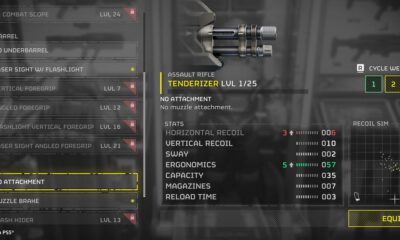The situation in Syria: Syria is currently experiencing a period of political and military turmoil following the collapse of Bashar al-Assad’s regime in December 2024. Interim President Ahmed al-Sharaa is leading the government amidst internal instability and efforts to gain international recognition. The Syrian Democratic Forces (SDF) have reached an agreement with the government, integrating their structures into the Syrian state. Conflict persists in various regions, with Israel expanding its influence in the Golan Heights under the guise of counterterrorism. The country’s economy is struggling, and international sanctions from the Assad era are hindering reconstruction efforts.
Leadership in Syria:
The interim government, led by Ahmed al-Sharaa, has taken over after the fall of Assad’s regime. Previously known as Abu Muhammad al-Jolani, al-Sharaa was the political leader of Hay’at Tahrir al-Sham (HTS). HTS controlled the Idlib enclave until a rapid offensive in November shifted power to the opposition forces. The new administration faces challenges as loyalists to Assad operate in Latakia, and the SDF controls the northeastern Rojava region.
Despite its militant origins, HTS has rebranded itself as a governing authority, promising to uphold minority rights. However, territorial control remains fragmented, with clashes between security forces and pro-Assad militias.
Ongoing Conflict:
The Syrian Arab Army has fragmented, but loyalist cells continue to resist, especially in Latakia. In the northeast, the Turkish-backed Syrian National Army continues hostilities against the SDF to curb Kurdish influence.
Israel has conducted numerous airstrikes targeting military facilities and infrastructure. The IDF has advanced into the Golan Heights, violating international law according to the UN. Prime Minister Netanyahu cited “terrorist threats” as justification for the operation.
Sectarian Violence:
Sectarian violence has escalated in Latakia, with reports of massacres against the Alawite community. The conflict has led to civilian casualties and allegations of armed civilians joining the fighting.
Al-Sharaa has denied state involvement in the violence and promised an independent investigation. He announced the formation of a National Security Council to manage security and political policies.
Government Achievements:
Despite ongoing violence, the interim government has made progress in governance and diplomacy. An agreement with the SDF recognizes the integration of their institutions into the Syrian state. Al-Sharaa has engaged with international leaders to gain legitimacy for the government.
However, Syria remains economically challenged, with a large portion of the population living in poverty.







































